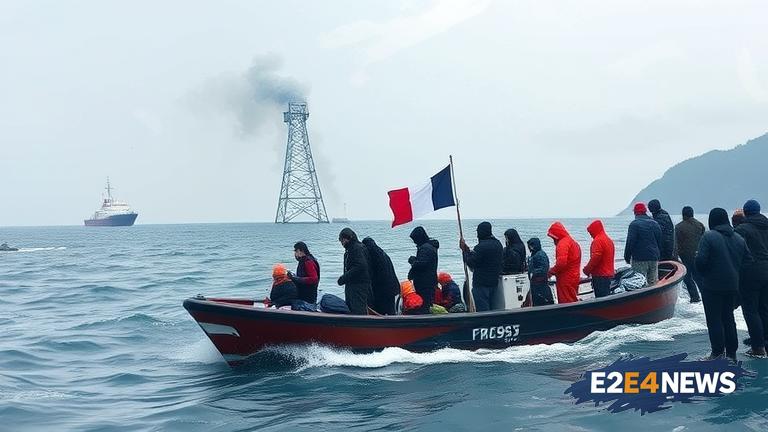The UK and France have signed a treaty aimed at reducing the number of migrants crossing the English Channel. However, according to Yvette Cooper, the treaty is not a comprehensive solution to the crisis. The treaty focuses on returning migrants to France, but it does not address the root causes of the problem. Cooper argues that the treaty is not a silver bullet and that more needs to be done to tackle the issue. The migrant crisis has been ongoing for several years, with thousands of people attempting to cross the Channel in small boats. The UK government has faced criticism for its handling of the crisis, with many arguing that it has failed to provide adequate support for asylum seekers. The treaty has been welcomed by some as a step in the right direction, but others have expressed concerns that it does not go far enough. The UK and France have agreed to increase cooperation on border security and to share intelligence on migrant smuggling networks. However, the treaty does not provide a clear plan for how migrants will be returned to France, or what support will be provided to those who are returned. Cooper has called for a more comprehensive approach to the crisis, including increased support for asylum seekers and a focus on addressing the root causes of migration. The UK government has announced plans to increase funding for border security and to recruit more staff to deal with asylum claims. However, critics argue that these measures do not address the underlying issues driving the migrant crisis. The treaty has also been criticized for its lack of clarity on the human rights implications of returning migrants to France. There are concerns that migrants may be at risk of detention, deportation, or other human rights abuses if they are returned to France. The UK government has said that it will work with France to ensure that the returns are carried out in a safe and humane manner. However, critics argue that more needs to be done to guarantee the human rights of migrants. The migrant crisis has also had a significant impact on local communities in the UK, with many areas struggling to cope with the influx of new arrivals. The UK government has announced plans to increase funding for local authorities to support migrant integration, but critics argue that more needs to be done to address the social and economic impacts of migration. The treaty has been seen as a positive step by some, but others argue that it is too little, too late. The migrant crisis is a complex issue that requires a comprehensive and multifaceted approach. The UK and France must work together to address the root causes of migration, provide adequate support for asylum seekers, and ensure that the human rights of migrants are protected. The treaty is just one part of the solution, and more needs to be done to tackle the crisis. The UK government must also work with other European countries to develop a coordinated approach to migration. This includes increasing cooperation on border security, sharing intelligence on migrant smuggling networks, and providing support for migrant integration. The migrant crisis is a global issue that requires a global response. The UK and France must work together with other countries to develop a comprehensive and humane approach to migration. The treaty is a step in the right direction, but it is just the beginning. More needs to be done to address the root causes of migration, provide adequate support for asylum seekers, and ensure that the human rights of migrants are protected.





